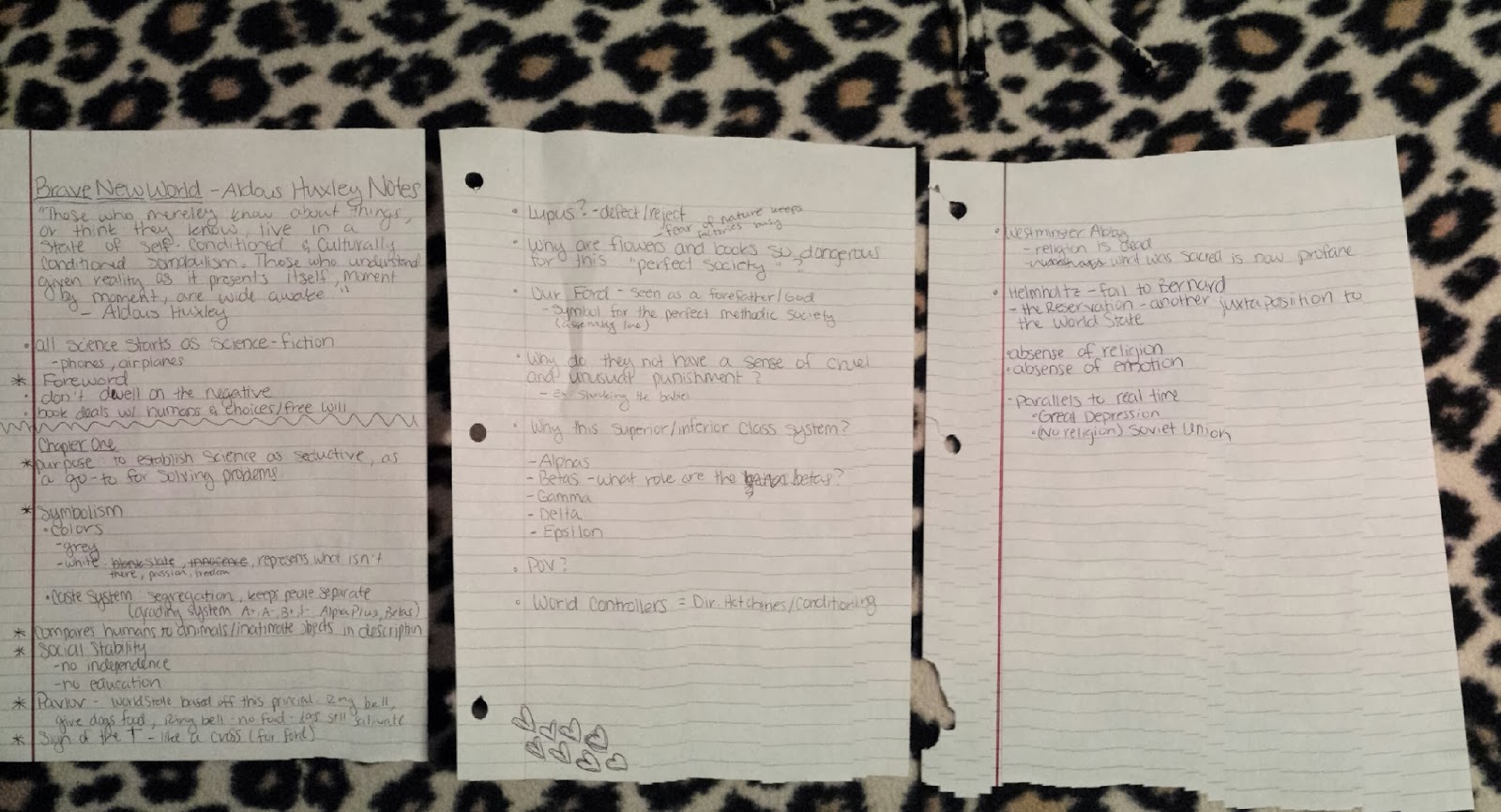"Some of the play's first lines are Sergeant describing Macbeth's bloody ways of warfare. The lines "Till he unseam'd him from the nave to the chaps, And fix'd his head upon our battlements." involve grotesque imagery, implying Macbeth's bravery and brutality in battle. Through this conversation, Macbeth is indirectly characterized as a valiant, bloody soldier. While Sergeant gives insight to Macbeth, the three witches give insight to the theme and future events in the play. The first lines of the play are said by the witches and end with the catchy phrase, "Fair is foul, and foul is fair". This use of chiasmus is also an introduction to the theme of the play, meaning that there is a twisted standard of morality in the characters and what is known to be right may not always be right. I think this will be an underlying theme throughout the play. The witches also foreshadow to the wicked characteristics of Lady Macbeth.
Shakespeare's characterization of Macbeth is somewhat contradicting. The first information the audience finds out about Macbeth is that he is capable of vicious murder, however through the author's tone, it is implied that Macbeth isn't a bad guy, just an obedient soldier."




